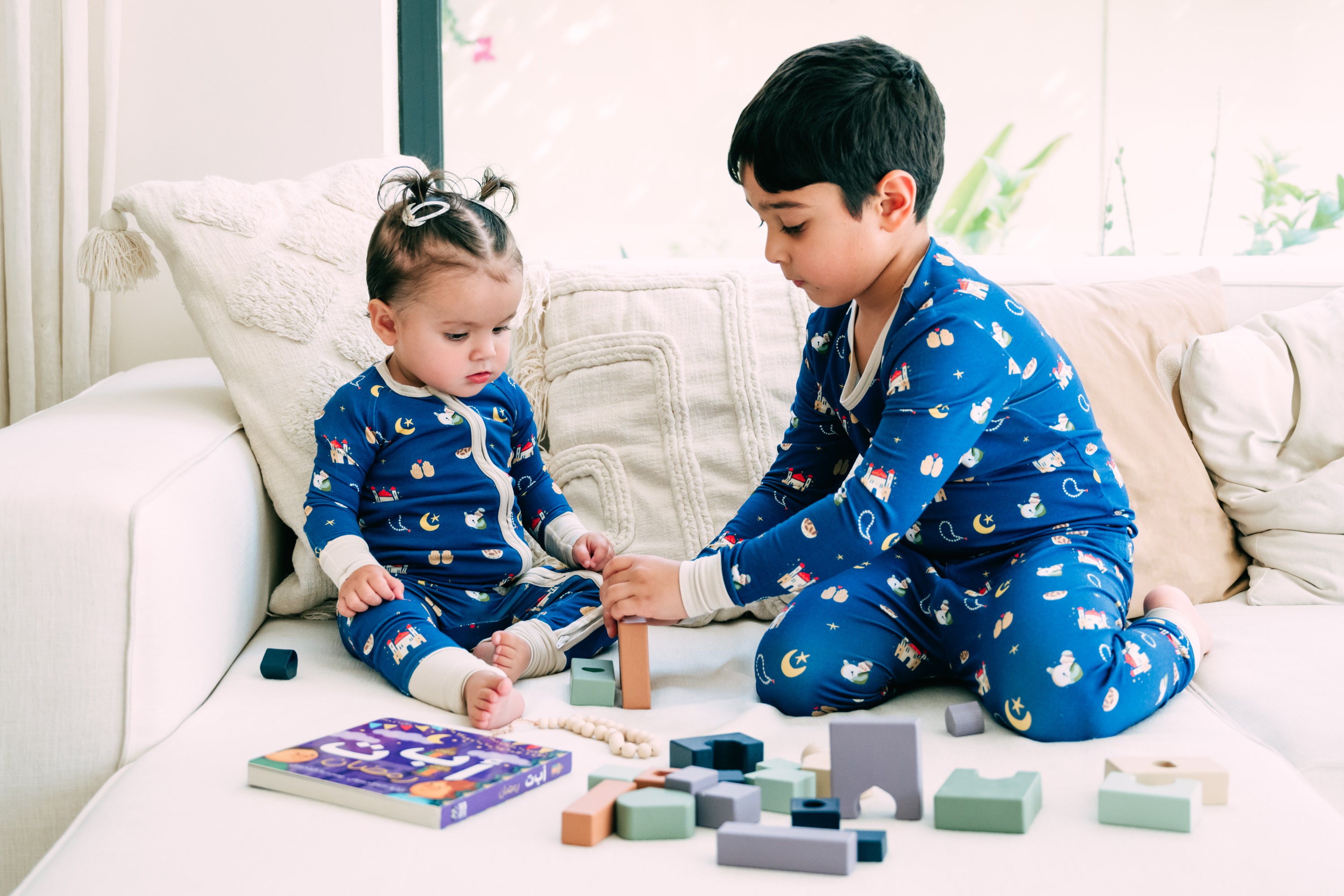
Managing Back-to-School Anxiety
, by Mona Jaber, 3 min reading time

, by Mona Jaber, 3 min reading time
By Christine Kritzas (Counseling Psychologist at The LightHouse Arabia &
Creator of Smart Heart Board Game)
Practical tips for managing Back-to-School Anxiety
As a means of managing expectations, as well as parental angst, parents can expect that the first 6 to 8 weeks after returning back to school will be an adjustment period for their child.
1. Check-in with yourself first: parents need to remember that your children are masters at picking up on your energy. If you are feeling anxious, your child will start mimicking your anxiety. This is due to a psychological phenomenon known as Emotional Contagion, whereby human beings’ nervous systems are communicating with one another all the time. So, be a safe container for your child by ensuring that you are feeling calm before approaching them to speak about their fears or worries.
2. Use your resources: If you are struggling with managing your own stress and anxiety, seek support from a trusted friend, or speak with a mental health care professional who will be able to guide you and share some strategies with you around addressing your own anxiety here. Avoid confiding in your child about your worries as this will just further fuel their anxiety.
3. Routine, rhythm & rituals: routine is the antidote to anxiety. There needs to be
structure and rhythm to a child’s day and week (i.e. bedtime, bath-time, morning routines are important). Also having weekly rituals in place like (e.g. movie night on a Wednesday evening: start by 6pm and be done by 7:30pm, ready for bed). Such rituals can make a child feel safe and have something to look forward to in their week.
4. Elevator Breathing : the quickest way to switch off a child’s stress response system and turn on their parasympathetic rest and digest system would be to engage in deep belly breathing. Ask them to imagine that their body is a tall building (not difficult to do in a place like Dubai ;) ) and that they have an elevator in their chest, and as they inhale through their nose the elevator goes all the way to the top of their throats, and as they exhale through their mouths, it drops to their stomachs.
5. Carve out 10-15minutes a day: Every child has an emotional tank and if it’s not filled with positive attention in a day, they may tend to act out or withdraw. It is suggested to set aside time in your day for uninterrupted quality time with your child. Label the time that you spend with them (e.g. “This is Mommy & John time” or “This is Daddy & Gemma time”). This will make your child feel that they got their time with you that day. Ditch your phone during that time to maximize your presence. Physically get down to your child’s level and make positive eye-contact. Engage in a playful activity with them and give them your undivided attention for those 15minutes.
6. Name it to tame it: according to Professor Dan Siegel from UCLA, when we name the emotion that a child is feeling, it reduces the intensity of that emotion. So the next time your child is feeling worried, approach them with curiosity by saying: “I can see that you are feeling worried, what might be making you feel this way?”. This then allows the child to share with you what is on their mind.
Furthermore, if you are currently concerned about your child’s emotional wellbeing, schedule an emotional assessment for them with a mental health care professional.


FEELING CARDS - ENGLISH AND ARABIC
Christine Kritzas
With over fourteen years of experience as a practicing Psychologist, Christine Kritzas has worked extensively with adults and children. She has also worked within the corporate sector, providing seminars, trainings, and Transformational Counseling to executives. Christine has been a guest speaker at EXPO2020, and is a frequent guest on radio and has contributed to publications such as Gulf News, Khaleej Times and The National. She is also the creator of a children‘s board game, Smart Heart ®, which aims at developing emotionally intelligent kids (www.smartheartboardgame.com).


